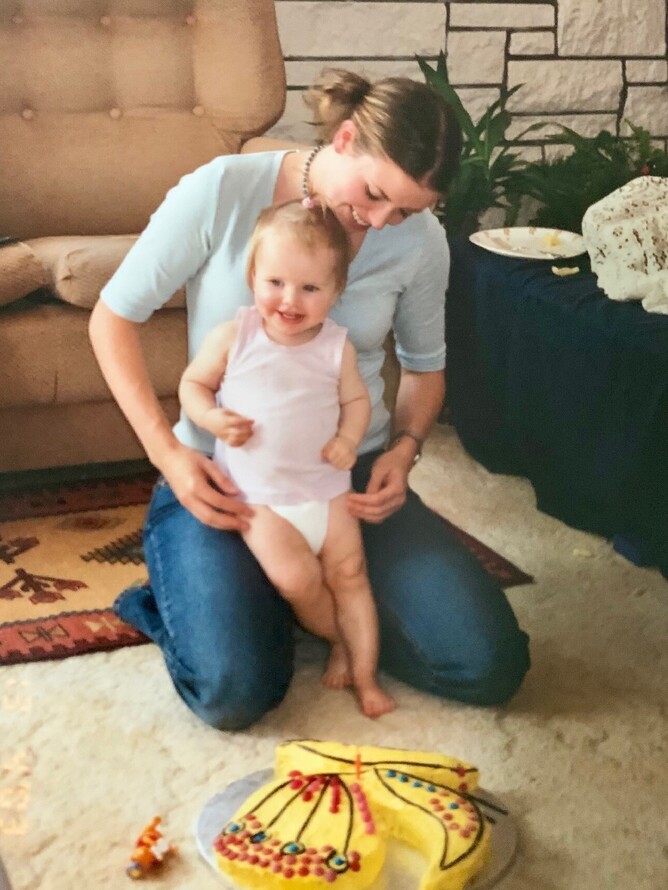On 5 October 2025 the government confirmed a new rule: if your parents earn more than about $65k, they’re expected to support you at 18–19 instead of you qualifying for Jobseeker, unless you can show they can’t reasonably help or you’re caring for a pēpi or estranged (from your parents). It’s due to kick in from November 2026, brought forward from the original July 2027 start date. The current cut-out is listed as $65,529 and will be adjusted each year. About 4300 rangatahi are expected to become ineligible to receive state support.
I’m writing this as someone who’s been there. I was hapū at 18 and a single mum at 19. I went on the DPB. I lived with my parents and, yes, they supported me in all the ways whānau do - love, a safe place to sleep, cooked dinners when I was too shattered to stand. But I still paid board for the two of us. I bought groceries, nappies, the never-ending list of baby bits. It wasn’t flash. It was survival.
People love to bash beneficiaries, like we’re a drain - but most of us are one twist of fate away from needing support. We forget how many of us took the wage subsidy when the economy fell over during COVID. I didn’t choose to become a single parent, but I did choose to take the support that was available and turn it into a platform for me and my daughter to succeed. That’s what the welfare system is meant to do: catch you long enough to get back on your feet.
Too often we design welfare for the worst-case scenario, and the many whānau in genuine need end up buried under proofs and penalties. Let’s flip it to a high-trust, manaakitanga-first system: assume good intent, get support out fast, use light-touch checks, and step in firmly only when there’s real harm. Coincidentally, this is how we try to do our funding.
If this new rule had applied to me, my parents would probably have been over the threshold - not wealthy by any stretch, just a couple of hard-working people who’d suddenly be told the state expected them to carry two more people. The pressure on them would have been enormous. And here’s the kicker: not every whānau can safely or reasonably support their 18–19-year-old, even if a spreadsheet says they “should”. The policy does allow a “parental support gap test”, but making vulnerable young people prove their parents can’t help is a big, bureaucratic hoop at a pretty fragile time.
At the Len Reynolds Trust, our vision is simple and stubborn: a Waikato where all tamariki and rangatahi are secure, resilient, and thriving. That’s not just a slogan for us - it’s the reason we back Māori-led solutions, manaakitanga, and disruptive change when systems stack the deck against those with the least. We also know our pūtea is limited, so we work carefully and critically to put funds where they’ll do the most good, and we’re honest when something doesn’t align. That’s part of respecting our communities and our kaupapa.
Policy like this worries me because it assumes every family can absorb more - more people in the house, more bills, more stress, at the very life stage when young people need stability to train, study, parent, heal, or find their feet. It shifts costs from the state to whānau, but it doesn’t change the actual cost of rent, kai, or childcare. And it risks pushing rangatahi into unsafe situations just to tick a box that says “parental support available”. Yes, there are exemptions if you’re caring for a child or estranged, and yes, there’s an income test, but the lived reality is messy, and rangatahi shouldn’t have to litigate their home life to a case manager to get by.
Here’s the hopeful bit. With the right tautoko, people do rise. I made it through law school. My daughter, the tiny human I was buying nappies for at Pak’nSave, is now 23 and on the home stretch of her midwifery degree. That’s what happens when we design systems that give people a fair go, and when we practise manaakitanga not just in our homes but in our policy settings too.
Our kaupapa at the Trust is Mahi-ā-Ngākau - to work from the heart. So my ask, as a mum and as someone committed to this region: let’s listen to those most affected before we lock in changes that could make life harder for the very people we say we want to see thrive. Let’s back pathways that keep rangatahi connected, safe, learning, and hopeful. Because when they win, we all do.
He aroha whakatō, he aroha puta mai - if kindness is sown, then kindness is what you shall receive.
Melissa Gibson, CEO
